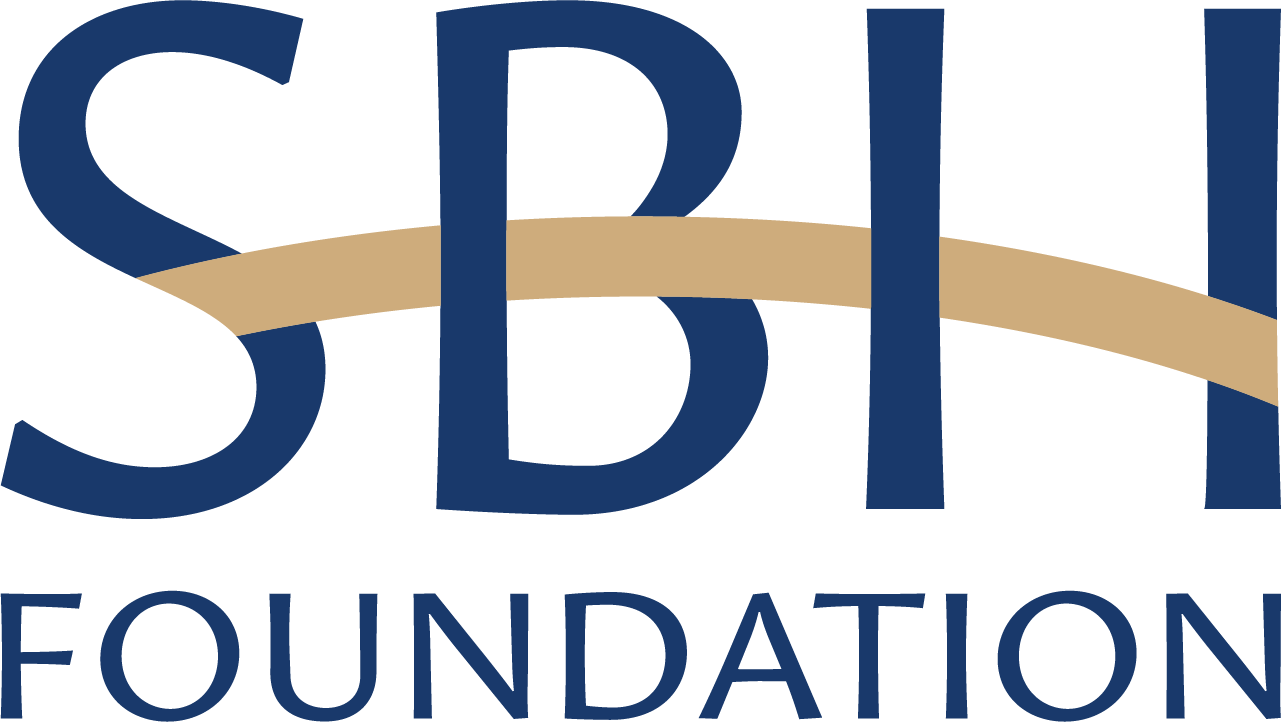
Epilepsy Awareness
What is Epilepsy?
Epilepsy is a neurological disorder that affects millions of people worldwide. Despite its prevalence, there are still many misconceptions about the condition. Here are some key facts to help raise awareness and understanding.
Facts to Consider

1 in 26 People Will Develop Epilepsy in Their Lifetime
Epilepsy is more common than many people realize. In fact, 1 in 26 individuals will develop epilepsy at some point in their lifetime. This makes it essential to spread awareness and promote early diagnosis.

Anyone Can Develop Epilepsy
Epilepsy can affect anyone, regardless of age, sex, or background. However, in children, it is most commonly diagnosed between the ages of 2 and 10. Recognizing early signs can lead to timely medical intervention and better management of the condition.

Seizures Look Different for Everyone
A common misconception about epilepsy is that all seizures look the same. In reality, seizures can vary widely from person to person. Some may involve convulsions, while others may appear as brief staring spells or sudden unresponsiveness. Understanding these differences can help in recognizing and responding to seizures appropriately.

Early Signs of Epilepsy in Children
Early detection can make a significant difference in managing epilepsy. Some signs to watch for in children include:
- Frequent staring spells
- Sudden unresponsiveness
- Involuntary movements or muscle stiffness
- Confusion after an episode
If you notice any of these symptoms in a child, it is important to seek medical advice as soon as possible.
How Can You Help?

Talk to a Doctor
The most important step you can take if you suspect epilepsy is to consult a doctor. A healthcare professional can provide proper diagnosis, treatment options, and guidance on how to manage the condition. Early intervention can improve the quality of life for those affected by epilepsy.

Be an Advocate
As a parent or caregiver, you are their biggest advocate. Keeping a record of their seizures, noting patterns, and even taking videos can be extremely helpful in getting an accurate diagnosis and effective treatment plan. Working closely with your doctor and being proactive in monitoring your child’s condition can make a significant difference in their care.

Learn Seizure First Aid
Knowing how to provide first aid during a seizure can make a huge difference. Key steps include staying with the person, keeping them safe from injury, and timing the seizure. For more detailed guidance, Take a course and learn more.
always consult a healthcare professional
